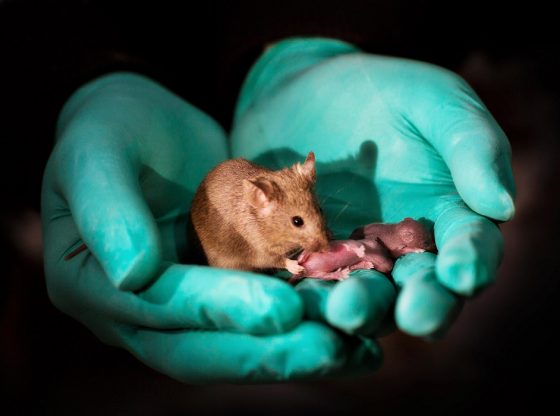Researchers have found a variant of a gene that protects against cardiovascular disease among people living in Crete.
Some villages in northern Crete have become known for their long-lived and very healthy residents – even though they eat a diet very rich in animal fats.
Now, researchers in Britain and Greece have found a variant of a gene among the villagers that protect against cardiovascular disease. They identified it by surveying the entire gene pool of 250 people living in Mylopotamos, northern Crete.
The scientists discovered that a genetic variant “rs145556679” not previously known to have cardioprotective qualities was associated with lower levels of triglycerides and very low-density lipoprotein cholesterol (VLDL). These factors lower the risk of cardiovascular disease.
Finding such an unusual genetic variant associated with a particular disease or trait is difficult, simply because it being very unusual.
According to the researchers, this study shows that it can be effective to study small, isolated groups of people, where some genetic variables have become extraordinary.
“This study shows the importance of looking at the entire genome to better understand the genetic architecture of a population. We are finding new genetic variants we haven’t seen before. We have discovered a medically relevant genetic variant for traits related to cardiovascular disease, the most common cause of death worldwide.”
– Lead author, Professor Eleftheria Zeggini from the Wellcome Trust Sanger Institute.
The research team also studied an isolated population from mountainous villages in the Pomak region of northern Greece. The genetics of 1,700 people revealed four separate genetic variants that affect diastolic blood pressure, fasting glucose levels, white blood cell count and haemoglobin levels.
Reference:
Lorraine Southam et al. Whole genomic sequencing and imputation in isolated populations identify genetic associations with medically relevant complex traits. Nature Communications May 26, 2017. DOI: 10.1038 / NCOMMS15606












![OpenAI. (2025). ChatGPT [Large language model]. https://chatgpt.com](https://www.illustratedcuriosity.com/files/media/55136/b1b0b614-5b72-486c-901d-ff244549d67a-350x260.webp)
![OpenAI. (2025). ChatGPT [Large language model]. https://chatgpt.com](https://www.illustratedcuriosity.com/files/media/55124/79bc18fa-f616-4951-856f-cc724ad5d497-350x260.webp)
![OpenAI. (2025). ChatGPT [Large language model]. https://chatgpt.com](https://www.illustratedcuriosity.com/files/media/55099/2638a982-b4de-4913-8a1c-1479df352bf3-350x260.webp)








